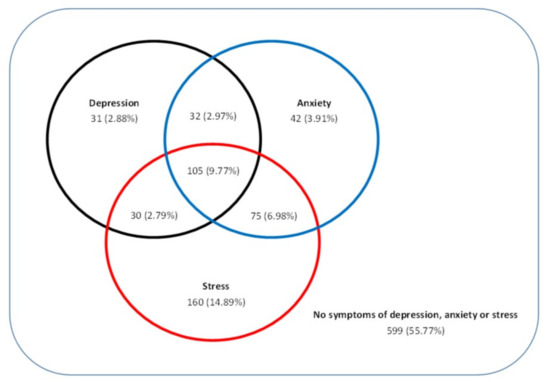
Understanding the High Prevalence of Depression Among PhD Students
Understanding the factors contributing to depression in PhD students
In exploring the high prevalence of depression among PhD students, it is crucial to consider various factors that contribute to this mental health challenge. PhD candidates often face a unique set of stressors, including academic pressure, imposter syndrome, financial constraints, and lack of work-life balance. Additionally, the demanding nature of research work and the feelings of isolation that come with it can significantly impact their well-being.
The impact of academic pressure and isolation on mental health
The academic pressure and isolation experienced by PhD students can have a profound impact on their mental health. The constant need to meet high academic standards and the competitive nature of academia can lead to feelings of inadequacy and self-doubt. Moreover, the solitary nature of research work can contribute to social isolation, further exacerbating feelings of loneliness and despair. As a result, it is essential for academic institutions to prioritize mental health support services and create a supportive environment for PhD students.

Common Symptoms of Depression Among PhD Students
Identifying the signs of depression in PhD students
In exploring the prevalence of depression among PhD students, it's crucial to recognize the signs indicating deteriorating mental health. Behavioral changes such as withdrawal, loss of interest in activities, or changes in sleep patterns may signify underlying depression. Additionally, persistent feelings of sadness, hopelessness, and difficulty in concentrating are red flags that should not be ignored. By addressing these early warning signs, support systems can intervene effectively and help students navigate through challenging times.Understanding the emotional and physical manifestations of depression
Depression among PhD students can manifest in various ways, impacting both emotional and physical well-being. Emotionally, individuals may experience heightened irritability, mood swings, or a sense of constant overwhelm. Physically, symptoms like fatigue, changes in appetite, and unexplained aches and pains could indicate underlying mental health struggles. Acknowledging these manifestations and seeking appropriate professional help is crucial in addressing and managing depression effectively. With timely support and understanding, PhD students can work towards improving their mental health and overall well-being.
The Role of Stress and Anxiety in PhD Student Depression
Exploring the relationship between stress, anxiety, and depression
When considering the mental health challenges faced by PhD students, it's essential to understand the interconnected nature of stress, anxiety, and depression. High levels of stress and anxiety often contribute to feelings of overwhelming pressure, leading to an increased risk of developing depression. Recognizing and addressing these intertwined issues is key to promoting a healthier academic environment and supporting student well-being.Strategies for coping with stress and anxiety during a PhD program
In navigating the demands of a PhD program, students can benefit from adopting various coping strategies to manage stress and anxiety effectively. Comparison of Strategies for Coping with Stress and Anxiety:| Strategies | Description |
|---|---|
| Practice mindfulness | Engage in activities that promote grounding and present-moment awareness to reduce stress levels. |
| Seek social support | Connect with peers, mentors, or mental health professionals to share experiences and receive guidance and encouragement. |
| Maintain a healthy lifestyle | Prioritize exercise, nutrition, and adequate sleep to support overall well-being and reduce anxiety levels. |
| Set realistic goals | Break down tasks into manageable steps and establish achievable objectives to alleviate feelings of overwhelm. |
| Utilize relaxation techniques | Employ relaxation methods such as deep breathing, meditation, or yoga to combat stress and promote relaxation. |
By incorporating these strategies into their routine, PhD students can proactively address stress and anxiety, ultimately bolstering their mental health and academic success.

Lack of Work-Life Balance and Its Effect on Mental Health
The importance of maintaining a balance between work and personal life
In the realm of mental health, the equilibrium between work and personal life plays a vital role in safeguarding one's well-being. Striking a balance ensures that individuals have time for relaxation, social interactions, and activities outside of work commitments, which are essential for mental rejuvenation and overall happiness.Tips for creating a healthy work-life balance as a PhD student
When juggling the demands of a PhD program, it's crucial for students to prioritize self-care and find harmony between academic pursuits and personal life. Embracing strategies like time management, setting boundaries, engaging in hobbies, and seeking support can help in cultivating a healthy work-life equilibrium, leading to enhanced mental wellness and productivity.
Comments
Post a Comment